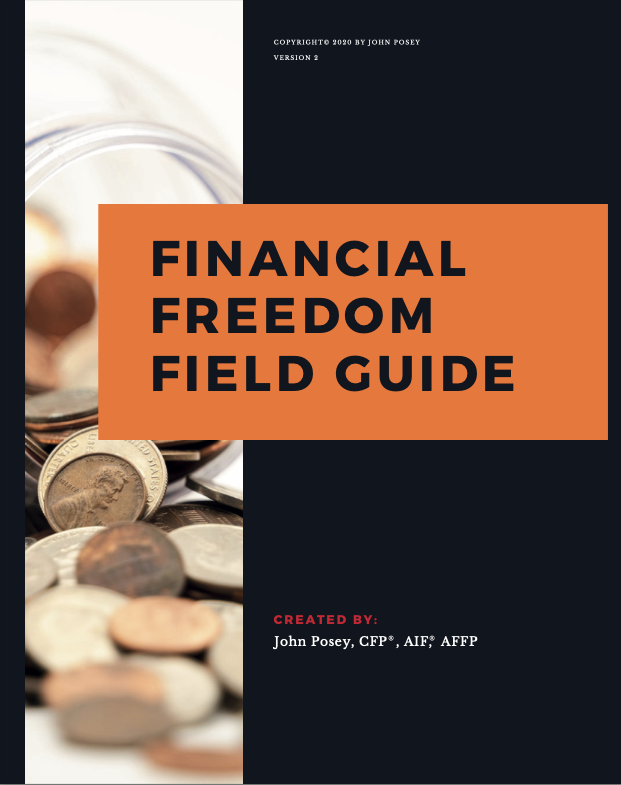In an article by Jeffrey Ptak from Morningstar titled, Want to Invest Successfully? Quit Trying to Make Sense of It, Jeffrey presents a case against giving our intuition much influence over our investment decisions. He provides the following 4 reasons on why we can’t trust it:
- We’re desperate to make sense of things at times when we’re uncertain or feeling frazzled.
- We seek reassurance from others who share our view.
- We fail to consider what’s already priced in.
- We fool ourselves. (A failure to truly accept the unknown, moreover with no need to vindicate a cause-and-effect narrative. The media and our minds are wonderful, and often sensational narrative creators!)
If you haven’t experienced at least one of these intuitions regarding your investments in the past year you might need to check your pulse! There is a book devoted to the subject of intuitive (Type 1) versus analytical (Type 2) thinking called, Thinking, Fast and Slow by Daniel Kahneman. It takes more energy to engage in Type 2 thinking, so it shouldn’t be too surprising to learn that your Type 1 brain is making a lot of the decisions with or without you even realizing it. The important part is just trying to become more aware of it – and in our context, becoming more aware of our feelings and decisions with money can make a significant difference.
Here is one great truth from the article – if you get nothing else, get this:
“Those of us who are willing to surrender to unknowability stand to earn higher returns, which is the market’s way of compensating us for the bewilderment we experience along the way.”
Advisory services offered through Plains Advisory LLC, an investment adviser registered with the State of Nebraska. Insurance products and services are offered and sold separately through John Posey, a licensed insurance agent. No investment strategy can guarantee a profit or protect against loss in periods of declining values. Opinions expressed are subject to change without notice and are not intended as investment advice or to predict future performance. Past performance does not guarantee future results. Any information provided is designed to provide general information on the subjects covered, it is not, however, intended to provide specific legal, tax, financial or investing advice and cannot be used to avoid tax penalties or to promote, market, or recommend any plan or arrangement. Material presented is believed to be from reliable sources and no representations are made by our firm as to another parties’ informational accuracy or completeness. All information or ideas provided should be discussed in detail with an advisor, accountant or legal counsel prior to implementation.


